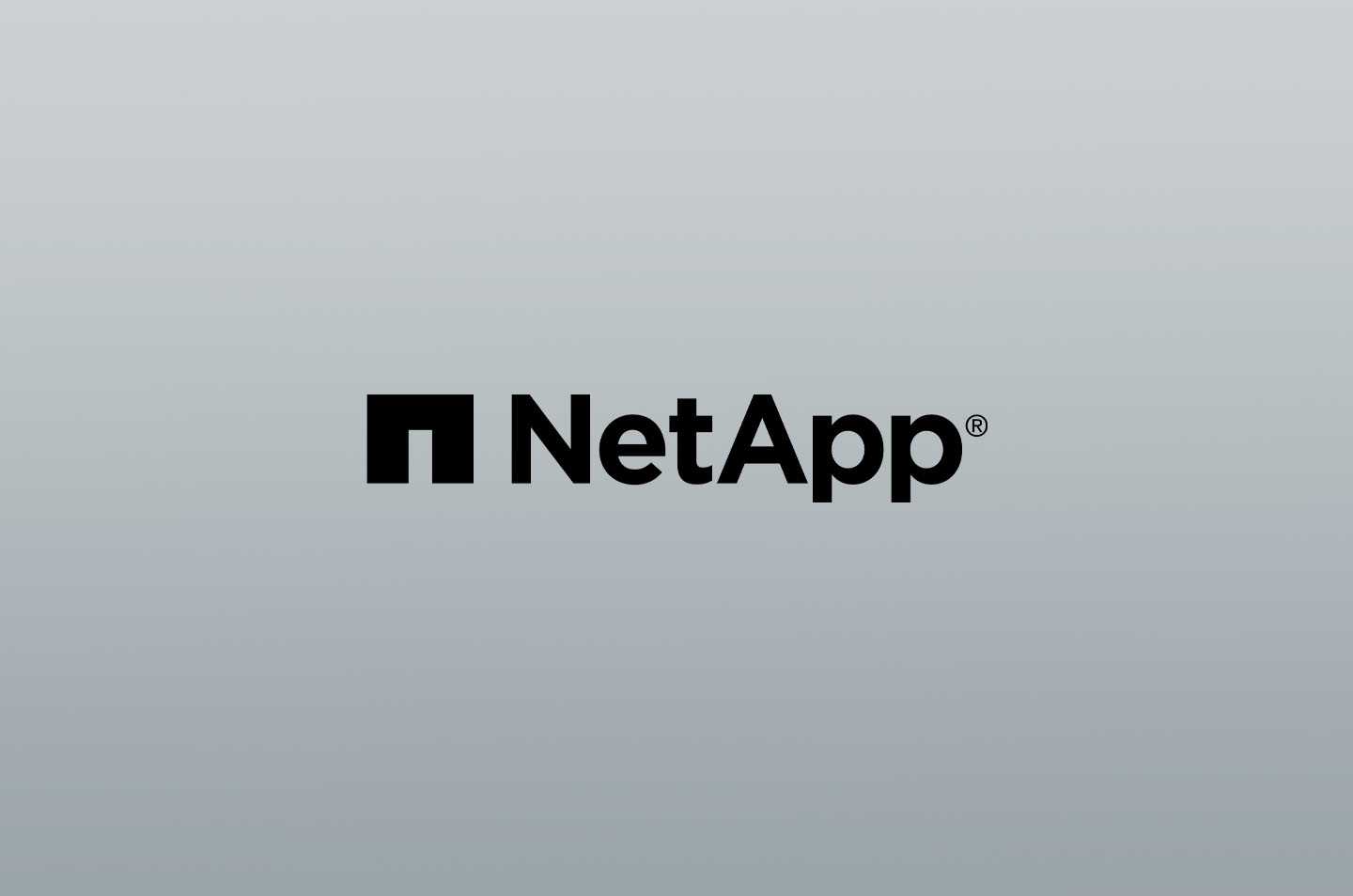AUTOMATING CLAIMS MANAGEMENT: A KEY TO CUSTOMER SATISFACTION

For any insurance provider, the most important indicators of success revolve around customer satisfaction. And claims management is one of the biggest services offered to customers. The claims process, however, is one of the main areas of customer dissatisfaction, because of such things as long wait times and inaccurately denied claims. Artificial intelligence (AI) to help automate this process speeds up claims processing and improve its accuracy. That makes for better customer service.
The claims analysis process now
Analyzing claims takes a long time. Almost every filed claim generates hundreds of megabytes of unstructured data from written text, videos, photos, and audio files. An adjuster has to analyze it all personally. That analysis takes a lot of time and is prone to human error. To evaluate the information in an attempt to detect fraudulent behavior, the adjusters follow a set of guidelines. Although these guidelines try to detect as many kinds of fraud as possible, fraud methods change and are hard to see. Because of this, several insurance companies have turned to AI as a more efficient way to carry out the analysis of claims and the detection of possible fraud.
The claims analysis process, rewritten
After the scene of an accident or any other insurance-related accident, a customer typically submits a claim through an online application or handwritten document. That’s the same as now. But with AI, the claim is then processed through a central location. Natural language processing (NLP) picks out important information so that the claim can be transcribed in a concise report of relevant information for the adjuster to review. These reports can then be analyzed by a machine learning (ML) algorithm or model that looks for symptoms of fraudulent behavior. ML models are trained by testing them against significant amounts of data to improve their accuracy. A trained ML model is then deployed back to the system that received the original claim information and helps process the claim. This modern, automated process streamlines and speeds up the claims process, making it more efficient—and reduces administrative costs.
Satisfying the thirst for data
The challenge with models is finding the right data to train them. Insurance and claims data is often secure and usually can’t be stored in the cloud for compliance and security reasons. One way to resolve this issue is to generate artificial data by using a template from a smaller dataset of claims information with a generative adversarial network (GAN). A GAN uses a generator to generate data samples and a discriminator to evaluate the generated samples by using guidelines from the original dataset. Through the GAN, you can generate an unlimited amount of training data that is only restricted if it can’t be stored or managed. The storage and management of data presents a whole new set of challenges, but NetApp can help you deal with them. NetApp offers storage and data management solutions with flexible, scalable, and adaptable infrastructure that helps you use your data in the most efficient way possible.
AI fueled by data fueled by NetApp
Architectures like NetApp® ONTAP® AI and FlexPod AI are designed to handle machine-learning or deep-learning workloads. and provide data management and storage through NetApp. And NetApp StorageGRID®, along with your data fabric powered by NetApp, provides an object storage-based solution. This solution helps push fraud and NLP models back and forth between a central deployment location and a training center. At the same time, you have data input and access from any location on the core, edge, or cloud. Data stored in object stores can be reassessed for model or compliance validation. Continuous improvement of a model is especially important because decisions based on the model affect people’s finances. You can use all the features of the solution easily with the help of the NetApp Control Plane. The Control Plane, a simplified UI, makes it easy for everyone, including the data scientists and engineers that implement these solutions.
The importance of privacy in today’s world
NetApp understands that your data is valuable and needs to be secure—especially the claims management process, which involves sensitive and crucial information. That’s why NetApp helps customers worried about data privacy build hybrid cloud solutions meant for model training, even for their personal data. Customers can train models both in the cloud or on their premises without worrying about the governance and privacy of their data, allowing them to make full use of their data.
NetApp provides pre-engineered solutions that can be easily integrated into preexisting environments. With these solutions, you can satisfy the requirements of your business, your data scientists, and your data engineers that choose to automate their claims processing with the help of AI. Learn more about how NetApp can help you put together implementable AI solutions.
